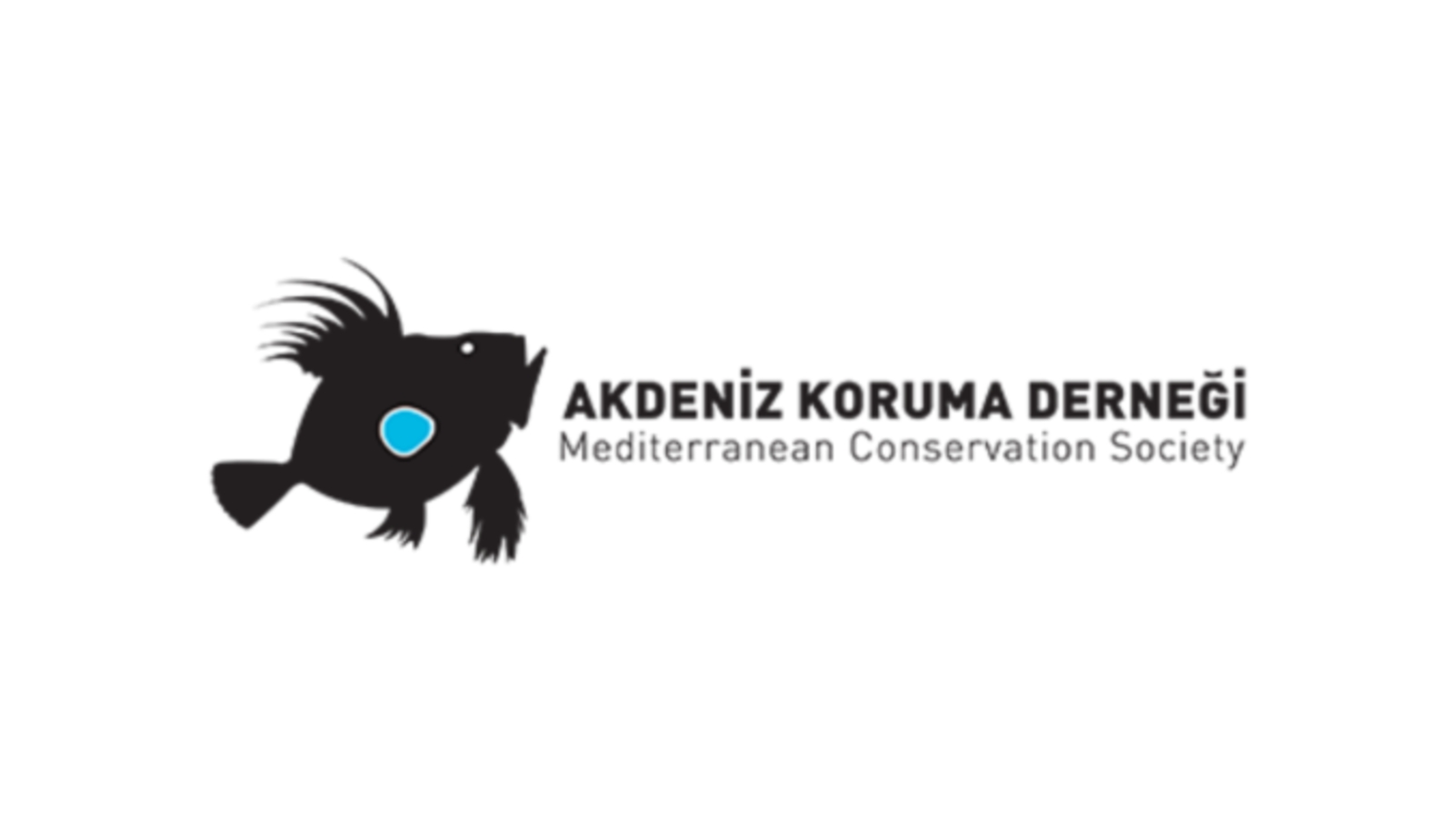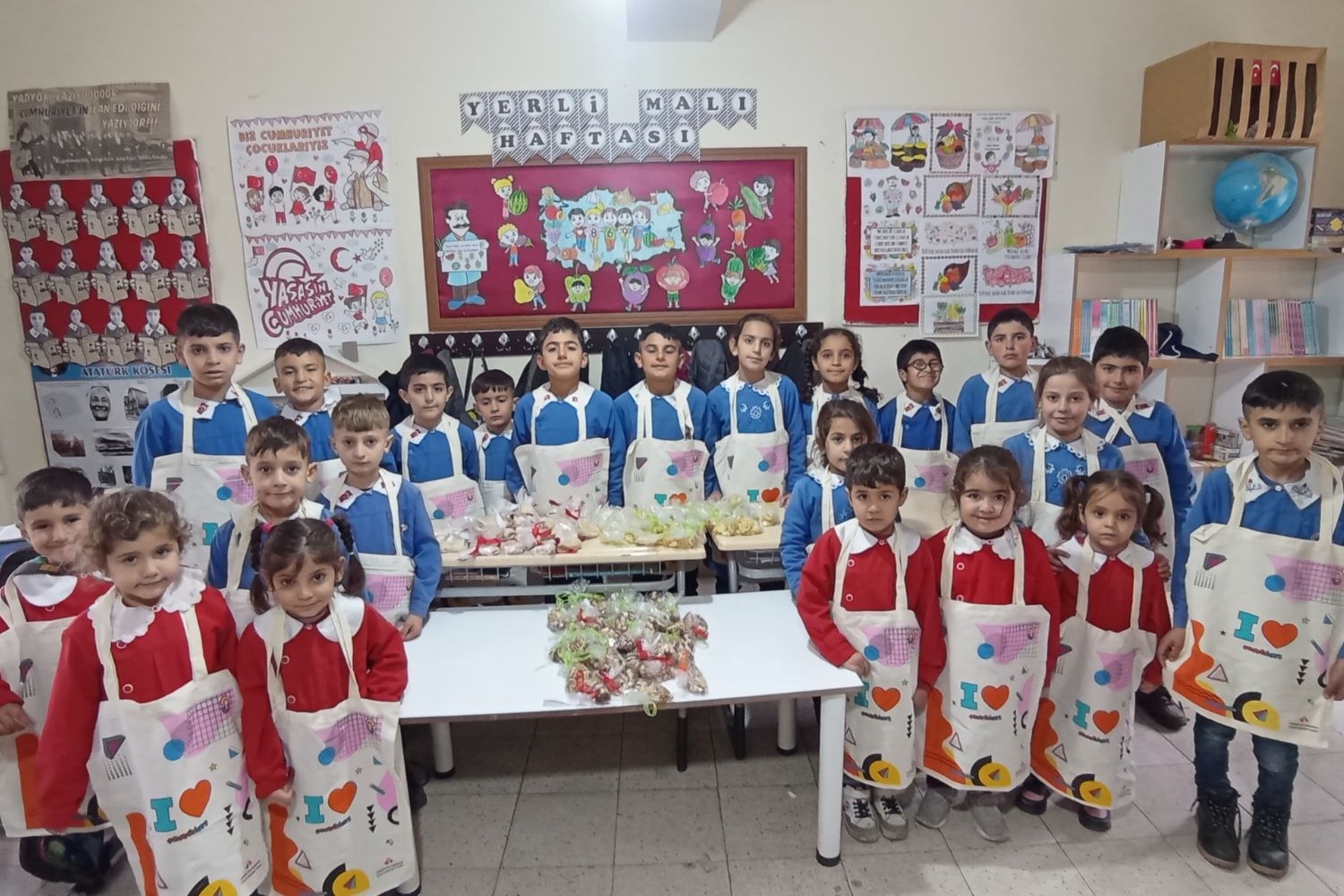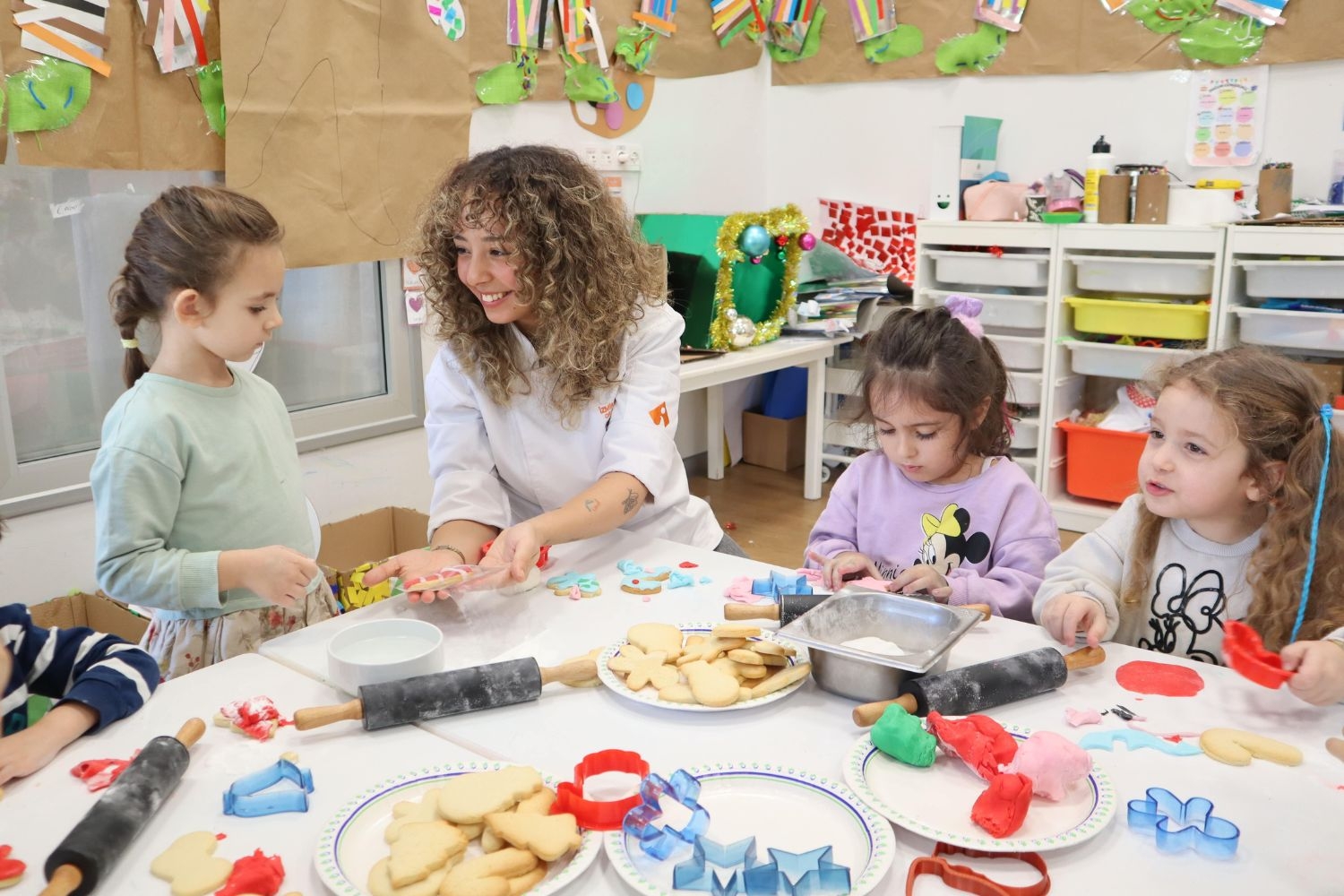
Izmir University of Economics Breeze at GastroFest
Held on November 2, 2025, at Izmir Historical Gas Factory, the 8th edition of GastroFest brought together gastronomy enthusiasts and ...

II. Current Trends in Gastronomy Symposium
The Department of Gastronomy and Culinary Arts at İzmir University of Economics (IUE) hosted a comprehensive three-session symposium exploring various ...

Mediterranean Conservation Society
During the presentation, it was emphasized that some invasive fish species, originally from the Red Sea and the Indian Ocean, ...









